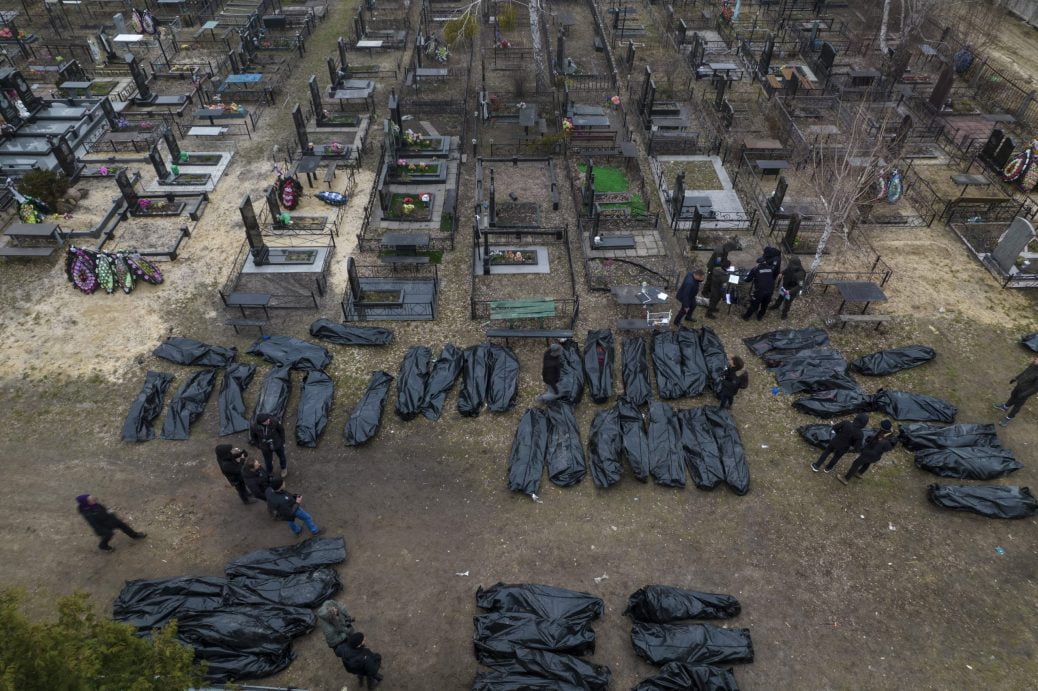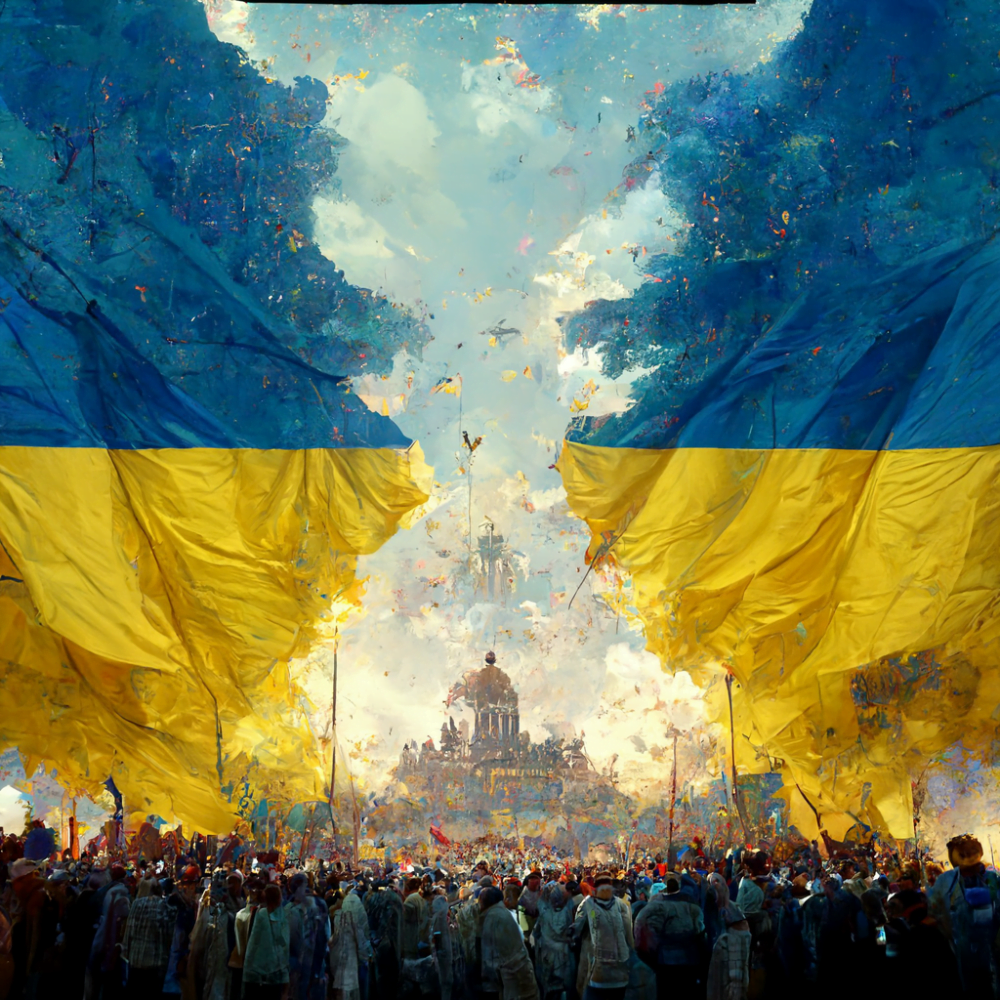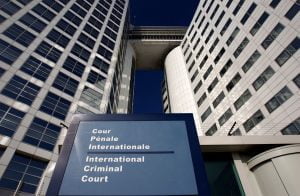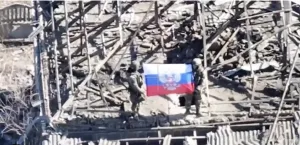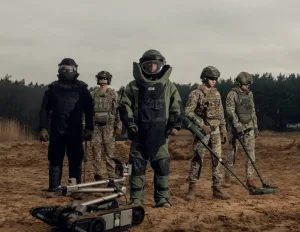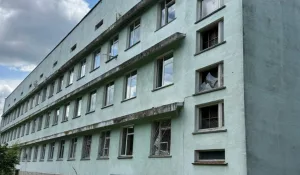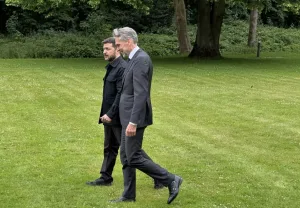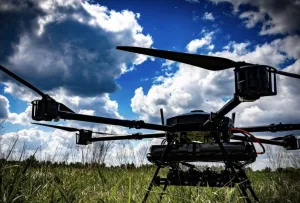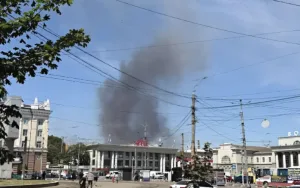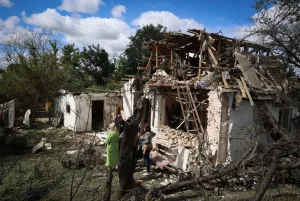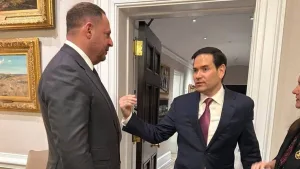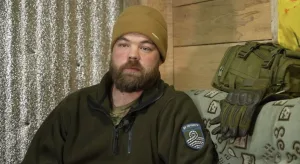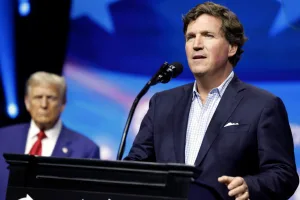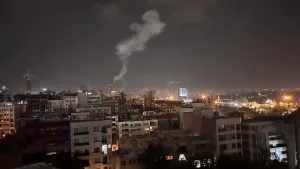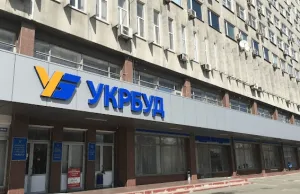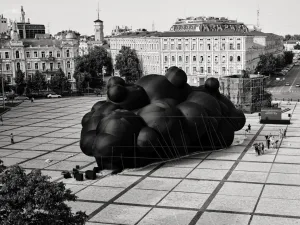The liberation of Lyman and the speed of liberation of the southern settlements, Ukraine was able to drive back Russian forces and that the use of cutting-edge Western weapons by Ukraine had an effect in the war.
Dnipro cooker is warming up
Will the City of Lyman (formerly Krasnyi Lyman from 1925 to 2016) be the place where the Russian army will break its teeth?
The liberation of Lyman, according to NATO Secretary General Jens Stoltenberg, proved that Ukraine was able to drive back Russian forces and that the use of cutting-edge Western weapons by Ukraine had an effect in the war.
The success of the nation’s troops, according to Ukrainian President Volodymyr Zelenskiy, isn’t just restrained to Lyman. That suggests that the intention of the Ukrainian government is to expand the offensive front.
At the same time, the lower house of parliament’s speaker announced that the Russian parliament would be debating bills to incorporate the four regions of Ukraine: Kherson and Zaporizhzhia in the south, Donetsk and Luhansk in the east.
On the other hand, in southern Ukraine, villages along the west bank of the Dnipro River were reportedly being retaken by Ukrainian forces on Monday, and Moscow was forced to abandon territory along a second key front line just days after claiming to have seized it.
Ukrainian forces suffer certain losses during the advance, without any doubt, but the advance itself gives the morale to the army a tailwind of unpredictable forces. The Ukrainian flag flutters in Zolota Balka, downriver from the former front line, and in front depth of some 40 km (25 miles), as we speak. Thousands of Russian troops may become isolated on the opposite side of the Dnipro River by a Ukrainian offensive and cut off from any supplies. Since Ukraine has already demolished the main crossings and the river is extremely wide.
The largest military achievements so far in the war have all occurred in areas that President Vladimir Putin claimed to have acquired from Ukraine on Friday, when a concert was held outside the Kremlin gates symbolizing triumph.
Additionally, this coincide with claims of disarray in a mobilization that Putin ordered less than two weeks ago, which resulted in tens of thousands of Russian men being unexpectedly recalled to the military and tens of thousands more fleeing the country. And that already has an additional catastrophic effect on the morale and support of the people he rules.
A little more than half of the men called up to the Khabarovsk region in Russia’s Far East, according to Mikhail Degtyarev, were deemed unfit for duty and sent back home. He sacked the military commissar responsible for the district. And behind that is hidden, without any doubt, the corruption-thieving mechanism that actually rules Russia.
Hours after Putin declared his annexation, Lyman fell in the Donetsk province of eastern Ukraine, allowing Ukrainian forces to advance deeper into Russian-controlled territory and cut off the last of Russia’s supply lines.
Russians obviously miscalculated in assessment, but they also lacked the necessary institutional competence. We can now clearly see that they lack the institutional capability to support offensive operations deep into Ukrainian territory and are unable to equip units with all forms of combat support, including artillery, air, and air-defense assistance. They made a huge error by splitting their main offensive into four key axes that were far spread geographically, especially with a weak logistics foundation. There aren’t enough trucks available. In reality, they lack expeditionary logistics. Therefore, they would require resupply from logistical bases. In Ukraine, they don’t have any logistical bases. They are invading Ukraine. As a result, they were forced to rely on military depots in Belarus and Russia before make any strategic move. Russians load everything onto trucks because there are no functional rail lines that reach Ukraine. In their entire military, there aren’t enough vehicles to be trucking all the time. Naturally, the Ukrainians then destroyed or made their trucks unusable. As a result, they were unable to continue providing the supplies that the forward units require to survive.
Will this defeat of the Russian army bring the possibility of nuclear war?
On September 21 Putin said in his televised address:
“I want to remind you that our country also has various means of destruction… and when the territorial integrity of our country is threatened, to protect Russia and our people, we will certainly use all the means at our disposal.”
And then he ominously added:
“It’s not a bluff.”
Russia was accused of making “reckless” and “irresponsible” threats by US president Joe Biden after the remarks prompted worry and indignation in the West.
In his address to the UN General Assembly, President Biden reaffirmed the Cold War commitment of both nations to uphold the 1968 Treaty on the Non-Proliferation of Nuclear Weapons: “A nuclear war cannot be won and must never be waged.”
According to a data sheet released in January by the Arms Control Association, Russia currently possesses the greatest nuclear arsenal in the world with over 6,257 nuclear warheads, while the United States openly admits to possessing 5,550.
The most powerful of these, referred to as “strategic,” weapons are carried by bombers, submarines, and intercontinental ballistic missiles.
There are about 2,000 short-range, so-called “tactical” nuclear warheads in Russia, which are housed in storage locations all over the country.
These nuclear weapons, which are considerably smaller, designed to be used on the battlefield against troop formations, tanks, or military installations and bunkers. It can also be fired from the same short-range missiles Russia presently employs to bombard Ukraine, like its Iskander-M ballistic missile, which has a 500 km range.
Who has the finger on the nuclear trigger and how easy is it to pull?
Putin may view what constitutes a “existential threat” to Russia in a very personal sense if he is frustrated with the stagnation in Ukraine. Would Putin use a nuclear weapon if he believed his reign was in danger, if he didn’t appear powerful or victorious in Ukraine? It is not currently a matter of Russian security. There is no imminent threat to Russia’s existence. It concerns a threat to Putin’s own establishment.
There are various actions that Putin could do that would be regarded as fairly severe in relation to the movement of nuclear weapons if he were to chose to intensify the nuclear threat. Putin may deploy its mobile intercontinental missiles and dispatch submarines to the ocean. Weapons could be transported to and put into airplanes, but this is not the situation at the moment.
Putin’s provocative and meaningless rhetoric drew a measured response from the US and its NATO partners, who made it plain that they would not raise the alert level of their own nuclear arsenal. They responded appropriately, pointing out how risky it would be if Putin’s ultimatum resulted in an escalation between the rival nations. Any conflict in Europe should not even be remotely accompanied by nuclear weapons, and the same certainly holds for this type of conversation: It is reckless.
All nations, whether they are members of NATO or not, nuclear-armed or not, should work together to send a loud and clear message that such behavior is not acceptable.
On the other hand, we have Putin’s corrupt criminal conglomerate, which certainly does not share his opinion. That oligarchic and thieving clique certainly already has its own people in key positions in the army that would stand in the way of his megalomaniacal ambitions, in the event that a decisive decision is reached. They prefer their money to his dictatorship.
The economic crisis that Putin caused with his bloody adventure in Ukraine was also felt by the wealthy caste in Russia. The corrosion of corruption and theft is already eroding his rule, so his power and decision-making speed will be less and less effective: between Putin’s finger and the nuclear trigger is the dollar that he is desperately trying to renounce.
The possibility of ending the war
There is still a chance that the Russian front in the Donbas may soon fall apart. Putin would have to ramp things up much further if this happened. If the objective is to halt Ukrainian advancements, a small tactical nuclear strike would be a more likely choice than additional attacks on Ukrainian infrastructure, with a warhead of power less than one kiloton, or roughly fifteen times less than the bomb that was dropped on Hiroshima. Even so, it would be disastrous and very certainly spark a strong response in the West. NATO might not launch its own nuclear attacks in retaliation, but it could, for instance, destroy the Russian Black Sea Fleet, according to Slantchev. This can cause things to escalate once more. In such a scenario, the West would ultimately feel tempted to retreat, which would be a catastrophic mistake: The free world is behind and beyond that world there is nothing.
The early winter and the new Russian forces, despite their inexperience and lack of equipment, will halt the Ukrainian offensive and, for the time being, save the Russians. People assume that it will end fast, but unfortunately, war doesn’t function that way. In the spring, when Ukraine will continue its offensive, the same energy and challenges will be there. The minimum demands of at least one party must change for a war to end. This is the first criteria for ending a war. Furthermore, the war’s objectives have not yet sufficiently changed for a peace agreement to be feasible.
The evaluation of the variables affect the predictions for what would come next. How soon, if at all, would the Russian front in the Donbas fall? How much of the information surrounding it would the Kremlin be able to control if it did collapse? Even though these things were unpredictable, forecasts had to be made. As an illustration, Putin’s manipulation of the Russian media allowed him to convince the Russian people of a partial win. Putin is a strong enough tyrant to be able to back off, but the oligarchic political group currently supporting his regime is not that strong, their desire for money far exceeds his sick ambitions.
The Russian Federation’s collapse would not necessarily be the end of the war. You really don’t want to leave behind a nation that poses some sort of ongoing threat. However, there are times when you simply have to accept it as the way things are because doing otherwise would be far too expensive. A scenario in which Ukraine ratified a truce before evolving into a “military hedgehog”, a strong nation that nobody would want to invade. Medium-sized states are capable of defending themselves against even the most terrible foes. Ukraine can make itself more defensible into the future, but it will be very different from what it was prior to the invasion both as a nation and as a community. With substantial military spending and extensive obligatory military service, like in Israel. But Ukraine can be defended. They’ve demonstrated that.
The Roving Reporter for Ukraine Front Lines
Tags: russia ukraine war russian occupation
